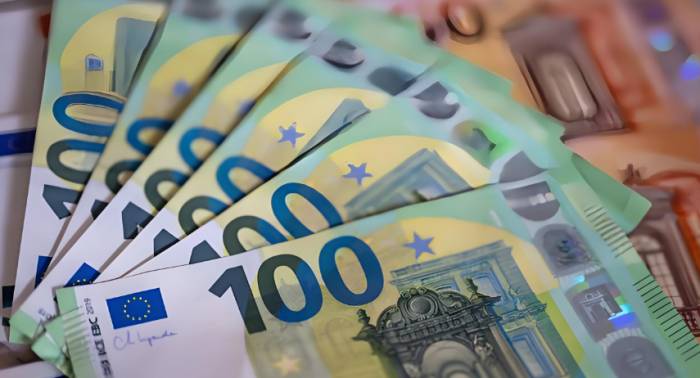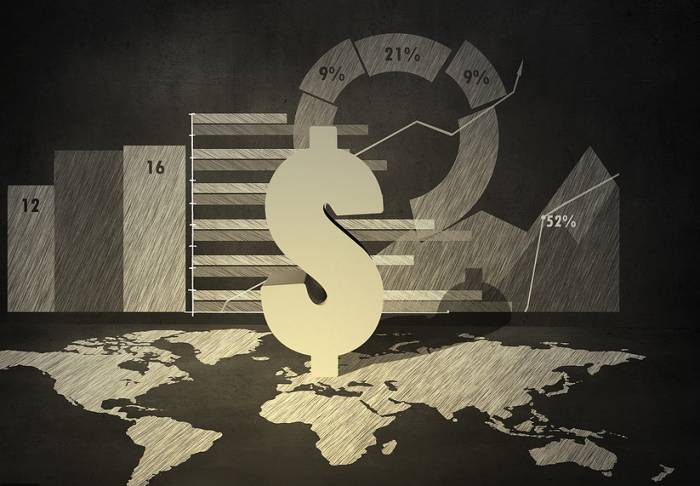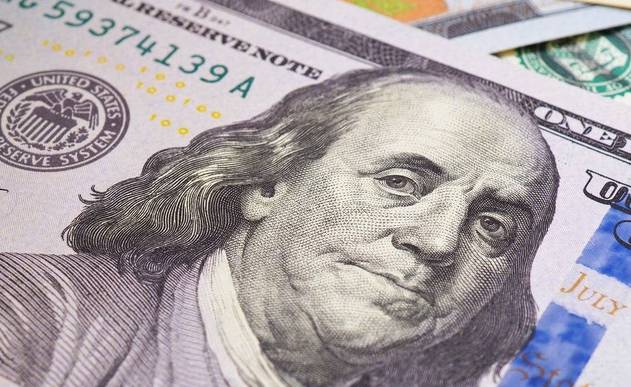In the labyrinth of chance and probability, Adam Kucharski's Luck offers a fascinating exploration of how systematic approaches to probability, mathematical models, and scientific principles can unlock the secrets of winning—an idea that echoes throughout gambling history. Kucharski describes this phenomenon as the “science behind luck,” a concept that has intrigued humanity for centuries, particularly as the practice of betting has shifted our understanding of chance and fortune. One cannot help but be captivated by stories of individuals who supposedly crack the code of the betting world, challenging the misconceptions surrounding the invincibility of casinos and bookmakers. If we are clever enough to exploit these vulnerabilities, perhaps randomness could yield to logic, and luck could indeed be tamed.The allure of a flawless betting system or strategy is a recurring theme throughout history, often leading back to brilliant minds not necessarily drawn to gambling, but rather to mathematics and physics. The Renaissance marked a pivotal moment when Gerolamo Cardano, an Italian mathematician known for his gambling inclinations, formulated an equation now famously recognized as the Cardano formula. This three-degree solution was revolutionary—at a time when probability theory was in its infancy, his work laid foundational concepts that would later blossom into the science we recognize today.Cardano's analytical approach to gambling was groundbreaking; he sought to categorize the patterns of random events. With no established rules governing the occurrence of random events, if someone rolled a double six, it was simply deemed as lucky. In Cardano's world, fairness in games of chance was a nebulous idea, rarely understood by the average player.As the decades rolled on, successive luminaries continued to unravel the intricacies of probability. Galileo Galilei delved into the nuances of specific number combinations, figuring out why some combinations presented themselves more frequently than others. Meanwhile, the likes of Johannes Kepler juxtaposed celestial movements with gaming theories, commenting on the stochastic nature of dice.The 17th century witnessed a significant leap, propelled by French writer Antoine Gomber’s conundrum: which was more probable, rolling a six with a single die four times, or rolling two sixes with two dice over a course of 24 rolls? His assertion—that both scenarios carried equal odds—prompted him to seek insights from mathematician Blaise Pascal, marking the genesis of formal probability theory.Together with Pierre de Fermat, Pascal established principles of expected value and devised means to gauge average outcomes in repeated gambles. Their insights revealed Gomber's hypothesis to be flawed; achieving a single six through four die rolls was, in fact, more likely than landing two sixes from 24 rolls of two dice. This intellectual collaboration heralded a paradigm shift in mathematical outlook, igniting an entire field of study.Fast forward to the 18th century, Swiss mathematician Daniel Bernoulli challenged traditional views on betting by emphasizing expected utility over expected gains. His revolutionary perspective asserted that monetary worth is subjective, more valuable to those with lesser means—a coin holds greater significance for the impoverished relative to the wealthy. This groundwork laid the foundation for modern insurance economics, intertwining luck with utility theory.As society advanced into the modern era, the philosophical implications of betting rippled through various fields—from game theory and statistics to chaos theory and artificial intelligence. Betting acts as a lens through which we understand risk and reward dynamics, prompting inquiries into why perception of value fluctuates amidst varying circumstances. It elucidates the nature of decision-making and allows us to navigate the influence of luck on our choices.During the late 1940s, physicist Richard Feynman took a foray into the vibrant world of Las Vegas gambling. He explored numerous betting strategies, attempting to derive a sense of predictability to his wins and losses. However, he found himself at financial odds with an enigmatic professional gambler named Nick Dandolos, who consistently won by calculating his odds favorably. Dandolos’s unorthodox approach involved betting against the naive superstitions and biases of players seated at the tables, rather than against the games themselves.What made Dandolos excel was not merely the math but his ability to convert that math into practical, actionable strategies. Betting, throughout history, has catalyzed the development of cutting-edge scientific disciplines, prompting new understandings about luck and decision-making processes. The collaborative interplay among mathematics, psychology, economics, and physics has consistently drawn researchers intrigued by the fabric of randomness. Often, innovative betting strategies, forged in academic curiosity, lead to techniques that allow players to outsmart the house.The late Henri Poincaré, a mathematician, had an obsessive fascination with roulette. He identified that outcomes perceived as random stem from an incomplete understanding of underlying mechanics. He categorized ignorance into levels: first-level ignorance involves full knowledge of physical laws and initial conditions; second-level ignorance entails knowledge of laws but not specific conditions; third-level ignorance signifies a lack of knowledge regarding both aspects. Complexity leads the uncertain to perceive outcomes simply as random chance when small variances in initial conditions yield unexpectedly significant results.Poincaré’s musings on roulette reflect larger phenomena, where initial state variations—beyond our notice—can culminate in vastly different outcomes, which in turn relate to chaos theory. This is often summed up through what’s now popularly known as the “butterfly effect,” encapsulated by meteorologist Edward Lorenz's eyebrow-raising inquiry about how a butterfly flapping its wings in Brazil could set off a tornado in Texas. Such profound interconnectedness illustrates how even minute conditions can trigger unprecedented events.Poincaré's insight foered beyond gambling; his broader investigations into celestial mechanics illustrated that chaos unfolds even within planetary paths, suggesting a fundamental truth: beneath the surface of seemingly random systems, deterministic frameworks exist, derailing our outcomes but revealing order amidst the chaos.Throughout the latter half of the 20th century, academics like John von Neumann established game theory; John Nash developed the Nash equilibrium, and Edward Thorp crafted successful blackjack strategies, expanding theoretical constructs into practical applications. Yet, this vitality diverged significantly from standard investment practices. When the 2008 financial crisis enveloped global markets, investor portfolios suffered, revealing vulnerabilities in the diversification typically relied upon to cushion risk. Researchers like Tobias Preis analyzed price movements in the Dow Jones index from 1939 to 2010 and discovered a disconcerting tendency for stocks to fluctuate in unison during downturns, thus shattering the illusion of safety through diversification.This troubling reliance on market disruptions transcended individual stock segments, manifesting in the collapse of seemingly secure mortgage-backed securities. Investors naïvely believed that the concept of collective failure was improbable; nonetheless, the crisis aptly demonstrated how interrelated financial mechanisms can lead to a domino effect—when one asset's value plummets, others follow suit.Moving forward, optimal strategies now focus not on amplifying wins, but minimizing losses. Over time, as profitable strategies become common knowledge, securing returns away from the predilections of established best practices becomes increasingly complex. Players often gravitate to commonly successful tactics while neglecting unconventional maneuvers, amplifying the challenge of profitability in highly competitive environments.Mathematician Benoit Mandelbrot observed during his analysis of the financial markets in the early 1960s a pattern of volatility clustering; large changes in market indices often followed other significant changes, alluding to underlying systematic behaviors rather than random occurrences. Economists soon took note of the implications of these fluctuations.Within the poker realm, figures like Edward Thorp—who highlighted the vulnerabilities in blackjack in his seminal work Beat the Dealer—have ignited debates regarding skill versus luck that resonate in broader gaming contexts. The ambiguous fate of the American poker industry serves as evidence; in 2011, several pivotal poker websites faced closure, effectively marking an end to the once-booming “poker craze.”In contrast, economist Randall Heeb argues that poker is fundamentally a skill-based game; top players consistently exhibit high levels of victory across time, while less experienced players frequently experience significant losses. Conversely, David Dros argues against this perspective, citing simulations involving coin tosses that revealed disproportionately successful outcomes for a select few. Such examples reinforce the notion that rare events can transpire purely by chance, akin to the infinite monkey theorem, leading to questions of relevance concerning the timeline needed for skill to outweigh chance.With its origins in randomness, probabilistic reasoning has transcended gaming; that is evident as the probabilistic lens is crucial in evaluating phenomena across domains—from genetic sequencing to particle physics. The remarkable journey from games of chance to foundational frameworks for modern sciences is both extraordinary and allegorical of mankind's relentless pursuit of understanding. In this evolution, superstition recedes, yielding ground to robust empirical inquiry, evidencing how academic prowess drives advancements.From the systems established by the “Fortune 500” entities leveraging advanced data analytics to the evolution of field methodologies, the interplay between knowledge and technology serves as a fulcrum in redefining backdrops for effective wagering strategies. Whether drawing correlations from roulette or poker, endeavoring to decode probabilistic frames yields fruitful insights, as success increasingly mirrors systematic investigation rather than mere serendipity. Bill Benter, who amassed considerable fortunes in gambling through statistical analysis, epitomizes this modern venture whereby erudition and analytical exactness reshape gambling into a science.






























Leave a Comment